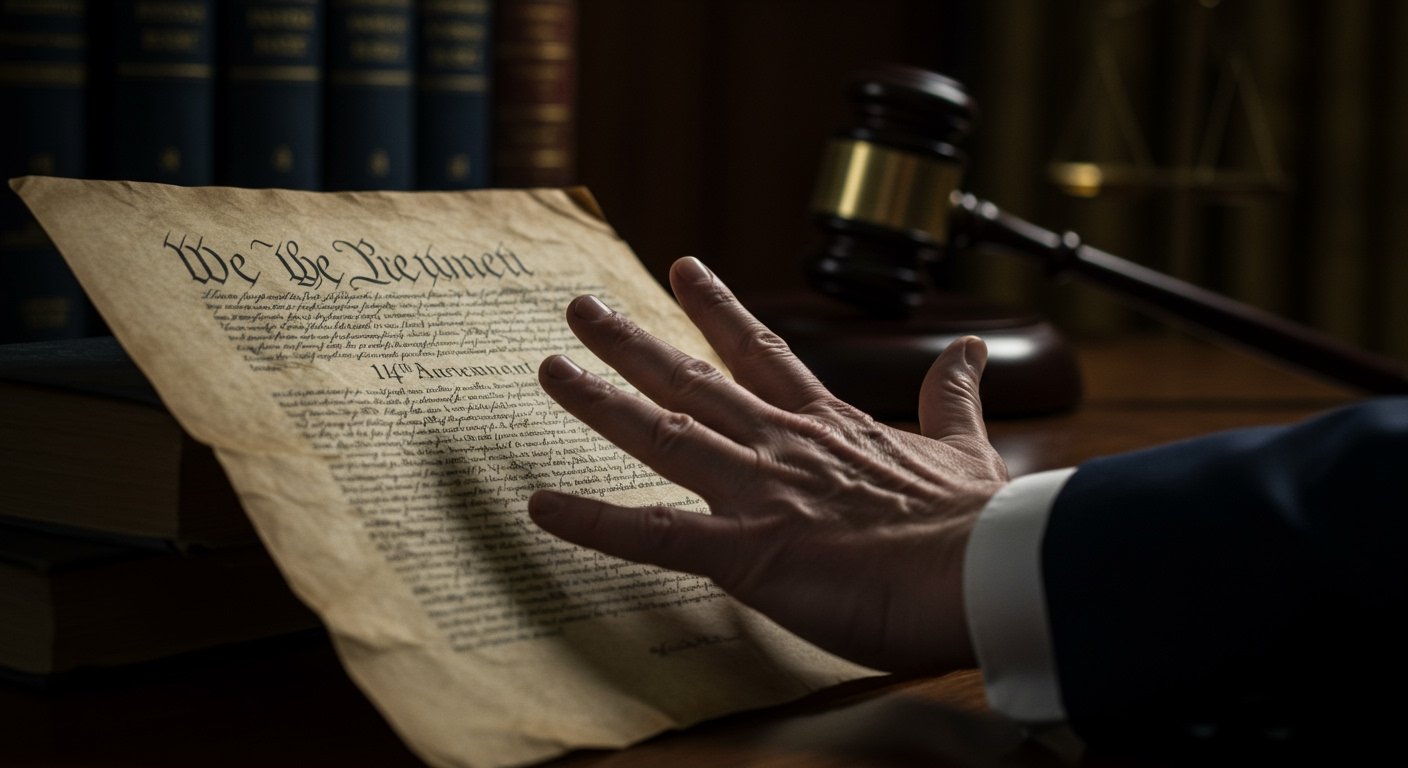EAST LANSING, MI – The Michigan State University (MSU) Asian Pacific American Student Organization (APASO) hosted its 22nd annual Cultural Vogue event on Saturday night, February 1, 2025, at the prestigious Wharton Center. The widely anticipated program, centered around the theme of “impact,” served not only as a vibrant celebration of Asian Pacific Islander Desi American (APIDA) identities but also as a platform for addressing pertinent issues facing the community on campus.
A Platform for Expression and Dialogue
The Cultural Vogue, a cornerstone event in the MSU calendar for over two decades, is designed to showcase the rich diversity and talent within the APIDA student body. The 22nd iteration continued this tradition, featuring a dynamic array of performances that included traditional dances, modern choreographies, acapella groups, and demonstrations of cultural arts such as the Chinese yo-yo. These presentations provided attendees with a vivid tapestry of cultural expression, highlighting the multifaceted heritage of the APIDA community.
However, this year’s event unfolded against a backdrop of recent events that have prompted introspection and discussion regarding diversity, equity, and inclusion (DEI) initiatives within the university.
Addressing the Climate Surrounding DEI
During the program, APASO President Michael Oriyavong took the stage to deliver remarks that resonated deeply with the audience. Oriyavong addressed a recent decision by an MSU college to cancel a planned Lunar New Year event, framing it within the broader political and institutional climate surrounding DEI efforts.
His address underscored the tangible effects of such decisions on student communities. Oriyavong stated, “This cancellation deeply impacts us and reinforces the idea that we should be afraid… We should not be afraid to celebrate nor acknowledge our identities.”
This sentiment captured the prevailing mood of concern among many students who view the cancellation and similar instances as potentially undermining the university’s stated commitment to fostering an inclusive environment.
Voices from APASO Leadership
The leadership of APASO has been vocal in advocating for the importance of cultural celebrations and robust DEI support. APASO Senior Adviser Hanaa Yoo also commented on the university’s current stance and actions regarding DEI, echoing the call for continued commitment and visible support for diverse student groups.
The organization emphasizes that events like Cultural Vogue are not merely entertainment but are vital expressions of identity and community building. They provide safe spaces for students to share their heritage, connect with peers, and educate the wider university community.
Celebrating APIDA Identities
The performances throughout the evening underscored the celebratory aspect of Cultural Vogue. From intricate traditional dances preserving ancestral movements to innovative modern pieces reflecting contemporary APIDA experiences, each act contributed to the overarching theme of “impact” by demonstrating the community’s vibrant presence and cultural contributions.
Acapella performances showcased vocal talent, while the demonstration of the Chinese yo-yo highlighted specific cultural skills and traditions passed down through generations. The variety of acts underscored the vast and diverse nature of the APIDA umbrella itself.
The Enduring Impact
The 22nd annual Cultural Vogue successfully fulfilled its dual purpose: celebrating APIDA identities through captivating performances and providing a necessary forum for discussing the challenges impacting the community today. The event at the Wharton Center served as a powerful reminder of the importance of cultural visibility and the ongoing need for institutions to actively support diversity and inclusion.
As APASO President Michael Oriyavong articulated, the act of celebrating identity, particularly in times of uncertainty, is an act of resilience and defiance against the notion that marginalized communities should retreat or conceal who they are. The “impact” of the evening extended beyond the stage, leaving attendees with a reinforced sense of community and a renewed commitment to advocating for a truly inclusive campus environment at Michigan State University.











